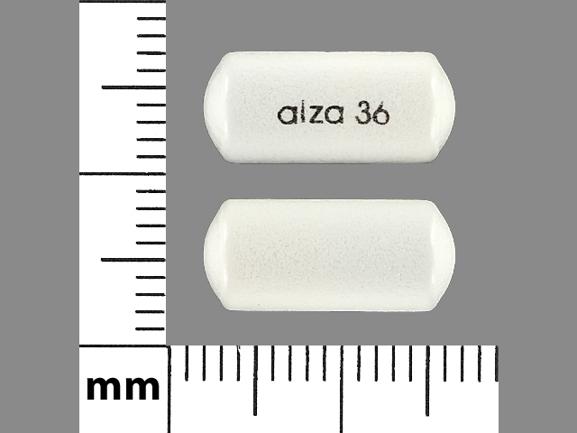Concerta and Alcohol/Food Interactions
There are 4 alcohol/food/lifestyle interactions with Concerta (methylphenidate).
Methylphenidate Food/Lifestyle
Moderate Food Interaction
Do not use alcohol or medications that contain alcohol while you are receiving treatment with methylphenidate. This may increase nervous system side effects such as drowsiness, anxiety, depression, and seizures. In addition, with certain long-acting forms of methylphenidate, alcohol can cause too much of the drug to be released at one time. High blood levels of the drug may increase the risk of side effects. Talk to your doctor or pharmacist if you have questions on how to take this or other medications you are prescribed. It is important to tell your doctor about all other medications you use, including vitamins and herbs. Do not stop using any medications without first talking to your doctor.
Switch to professional interaction data
Methylphenidate High Blood Pressure (Hypertension)
Major Potential Hazard, Moderate plausibility
CNS stimulants - cardiac disease
Many CNS stimulants are contraindicated in patients with significant cardiovascular impairment such as uncompensated heart failure, severe coronary disease, severe hypertension (including that associated with hyperthyroidism or pheochromocytoma), cardiac structural abnormalities, serious arrhythmias, etc. Sudden death has been reported in patients with structural cardiac abnormalities or other serious cardiac disease who are treated with CNS stimulants at the recommended dosages for attention deficit hyperactivity disorder; use of these agents should be avoided in patients with known structural cardiac abnormalities, cardiomyopathy, serious cardiac arrhythmia, coronary artery disease, or other serious cardiac disease. Additionally, stroke, myocardial infarction, chest pain, syncope, arrhythmias, and other symptoms have been reported in adults under treatment. A careful assessment of the cardiovascular status should be done in patients being considered for treatment. This includes family history, physical exam, and further cardiac evaluation (EKG and echocardiogram). Patients who develop symptoms should have a detailed cardiac evaluation and if needed, treatment should be suspended.
Methylphenidate High Blood Pressure (Hypertension)
Major Potential Hazard, Moderate plausibility
CNS stimulants - hypertension
CNS stimulants increase blood pressure and heart rate; the use of some agents may be contraindicated in patients with severe/uncontrolled hypertension. Caution should be used when administering to patients with preexisting high blood pressure (even mild hypertension) and other cardiovascular conditions. All patients under treatment should be regularly monitored for potential tachycardia and hypertension.
Methylphenidate High Blood Pressure (Hypertension)
Major Potential Hazard, High plausibility
methylphenidate - hypertension
Methylphenidate (racemic) and dexmethylphenidate (the more pharmacologically active d-enantiomer) exhibit sympathomimetic activity and may elevate blood pressure and pulse rate. Therapy with these agents should be administered cautiously in patients with hypertension. Blood pressure should be monitored periodically during therapy.
Switch to professional interaction data
Concerta drug interactions
There are 207 drug interactions with Concerta (methylphenidate).
Concerta disease interactions
There are 14 disease interactions with Concerta (methylphenidate) which include:
- agitation
- cardiac disease
- glaucoma
- hypertension
- psychiatric disorders
- substance abuse
- tics
- hypertension
- seizures disorders
- liver disease
- renal dysfunction
- seizure disorders
- hematologic toxicity
- GI narrowing
More about Concerta (methylphenidate)
- Concerta consumer information
- Check interactions
- Compare alternatives
- Pricing & coupons
- Reviews (426)
- Drug images
- Latest FDA alerts (5)
- Side effects
- Dosage information
- Patient tips
- During pregnancy
- Generic availability
- Support group
- Drug class: CNS stimulants
- Breastfeeding
- En español
Related treatment guides
Drug Interaction Classification
| Highly clinically significant. Avoid combinations; the risk of the interaction outweighs the benefit. | |
| Moderately clinically significant. Usually avoid combinations; use it only under special circumstances. | |
| Minimally clinically significant. Minimize risk; assess risk and consider an alternative drug, take steps to circumvent the interaction risk and/or institute a monitoring plan. | |
| No interaction information available. |
See also:
Further information
Always consult your healthcare provider to ensure the information displayed on this page applies to your personal circumstances.


